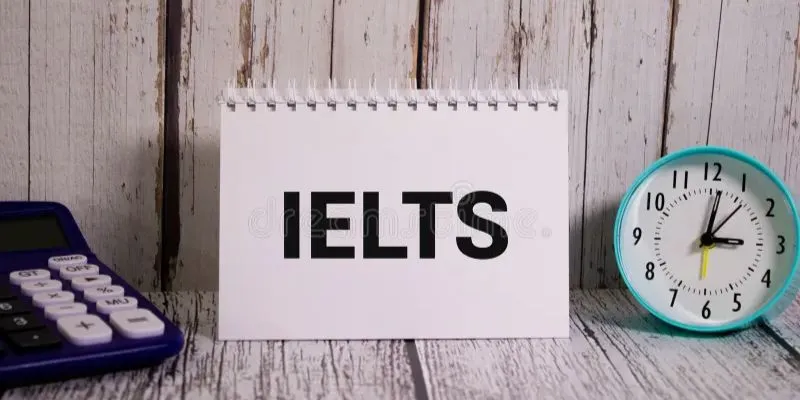
The Listening section of the IELTS exam can be a challenging aspect for many test-takers, especially those seeking IELTS coaching in Chennai. However, with the right strategies and preparation, you can significantly improve your comprehension skills and accuracy, ultimately boosting your overall score. In this blog post, we’ll explore some effective techniques to help you master the IELTS Listening test.
Techniques to Master the Ielts Listening Test
Understanding the Format
Before diving into specific strategies, it’s crucial to understand the format of the IELTS Listening test. The test consists of four sections, each containing a different type of listening task. These tasks include multiple-choice questions, matching tasks, sentence completion, and more. Familiarizing yourself with the format beforehand can help alleviate any test-day jitters and better prepare you for what to expect.
Enhancing Listening Skills
Improving your listening skills is essential for performing well on the IELTS exam. One effective way to enhance your listening abilities is by regularly listening to a variety of English audio sources, such as podcasts, news broadcasts, and movies. This exposure to different accents, speech patterns, and topics will help sharpen your listening comprehension over time.
Practice with Past Papers
Consistent practice is key, and this principle applies to mastering the IELTS Listening test, whether you’re participating in IELTS Online Classes at FITA Academy or studying independently. Utilize past exam papers and official practice materials to acquaint yourself with the question types and test pace. Dedicate time to regular practice sessions, ensuring you cover various sections of the Listening test comprehensively.
Develop Note-taking Techniques
Taking effective notes during the Listening test can be a game-changer in terms of comprehension and accuracy. Develop a shorthand system that works for you, allowing you to capture key information quickly without getting bogged down in writing every detail. Focus on keywords, main ideas, and any numbers or dates mentioned during the audio recordings.
Predicting Answers
Another useful strategy for mastering the IELTS Listening test is to anticipate answers based on context clues. Pay attention to the topic of the conversation or lecture and try to predict what information might be coming next. This proactive approach can help you stay engaged and focused throughout the test, making it easier to identify correct answers.
Utilize Transitions
Transitions play a crucial role in guiding the listener through the audio recordings. Pay attention to transition words and phrases, such as “however,” “on the other hand,” and “finally,” as they often signal shifts in topic or important points. Being mindful of these transitions can help you follow the flow of the conversation more effectively.
Review and Reflect
After completing practice tests or listening exercises, take the time to review your answers and identify any areas where you may have struggled. Reflect on why certain questions posed challenges and look for patterns or common pitfalls to avoid in the future. Use this feedback to adjust your study strategies accordingly and continue improving your listening skills.
From the above Blog, you will able to understand about Techniques to Help You Master the Ielts Listening Test. Mastering the IELTS Listening test demands practice, preparation, and effective strategies, especially for those seeking guidance through IELTS Coaching in Bangalore. By comprehending the format, refining your listening skills, practicing consistently, and utilizing techniques like note-taking and answer prediction, you can enhance your comprehension and accuracy, thereby improving your prospects on test day. With dedication and persistence, you’ll be poised to attain your desired score in the IELTS Listening section.
Also Check: Tips to Increase Your IELTS Reading Score
